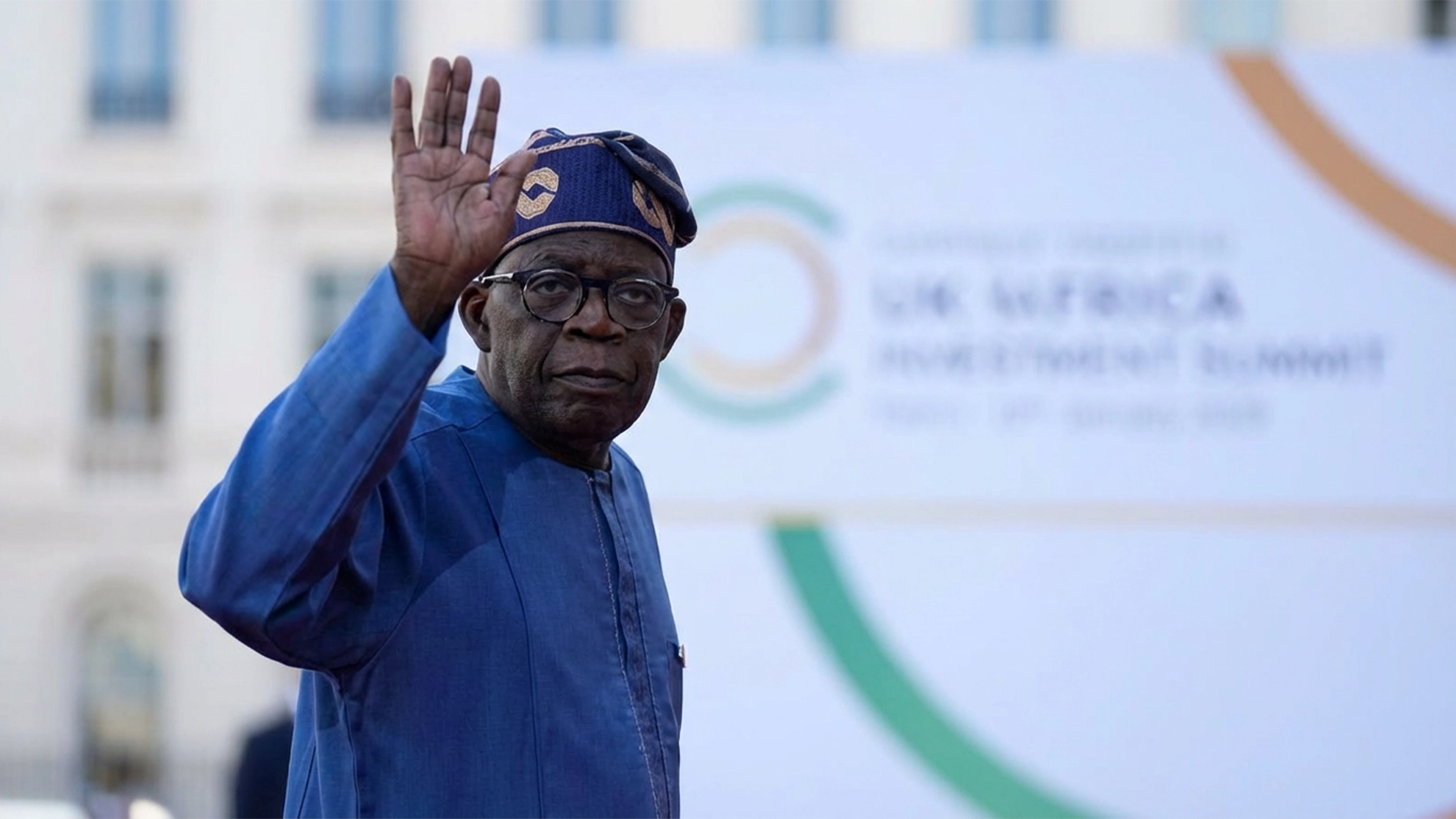
* Worried about Nigeria’s low revenue-to-output ratio
The International Monetary Fund (IMF), yesterday, urged African governance to transform public service delivery through technologically-driven governance even as it called for speedy fiscal reforms.
It is also worried that the extremely low revenue-to-output ratio is hampering Nigeria’s ability to invest in development and manage debt sustainably. The director of the IMF’s Fiscal Affairs Department, Vitor Gaspar, made the call at a press briefing to launch the updated Fiscal Monitor at the ongoing IMF/World Bank Annual Meetings being held in Washington DC, the United States. He emphasised that delaying necessary fiscal adjustments in the region could hinder development and escalate public debt levels.
“Delaying adjustment is costly and in Sub-Saharan Africa, I would argue that building fiscal space is not only crucial to limit public debt but in many countries in Sub-Saharan Africa it is key to enable the state to play its full role in development, which is, of course, a very important priority in the regions,” he told journalists.
Fiscal adjustments must be decisive, well-designed and effectively communicated, he said, to sustain public trust and support, warning that countries must not postpone reforms, especially as many Sub-Saharan African countries continue to grapple with low revenue-to-output ratios and rising debt service crisis.
Gaspar reiterated, stressing that reforms are essential for long-term stability and growth, he said: “Fiscal adjustment should be timely, should be decisive, should be well-designed, and should be effectively communicated”.
Gaspar explained, noting that technology can simplify governance processes, improve public finance management, and even bolster tax compliance. He added: “If you have technology and transparency, you should expect to gain trust. And if you have trust, you have the citizens behind the government,”
On his part, from the IMF Fiscal Affairs Department, Davide Furceri emphasised the need for sub-Saharan African countries to prioritise revenue mobilisation strategies to close the address fiscal deficit.
He pointed out that many countries, including Nigeria, suffer extremely low revenue-to-GDP ratios.
“Nigeria’s is just 10 per cent, which hampers the government’s ability to invest in development and manage debt sustainably,” he said. He said: “Revenue mobilisation is essential, and it should focus on making the tax system more efficient, equitable, and progressive. Policies that broaden the tax base and reduce informalities can go a long way in addressing these challenges,” Furceri said.
Furceri also expressed concern over the increasing debt service obligations faced by many low-income countries in the region. He noted that about 15 per cent of revenue in these nations is allocated to debt servicing, reducing fiscal space for essential investments in infrastructure, education, and healthcare.
“The challenge is that a large part of the revenue goes to finance debt, which constrains the ability of these countries to invest in growth-enhancing initiatives. Addressing this through better revenue collection and debt management strategies is critical,” Furceri added.
In response to these challenges, Furceri highlighted the IMF’s ongoing commitment to supporting African economies through policy advice, capacity development, and financial assistance.
He noted that over the past four years, the IMF has provided $60 billion in funding to African countries, while also offering technical support to improve public finance management and climate change-related policies.






